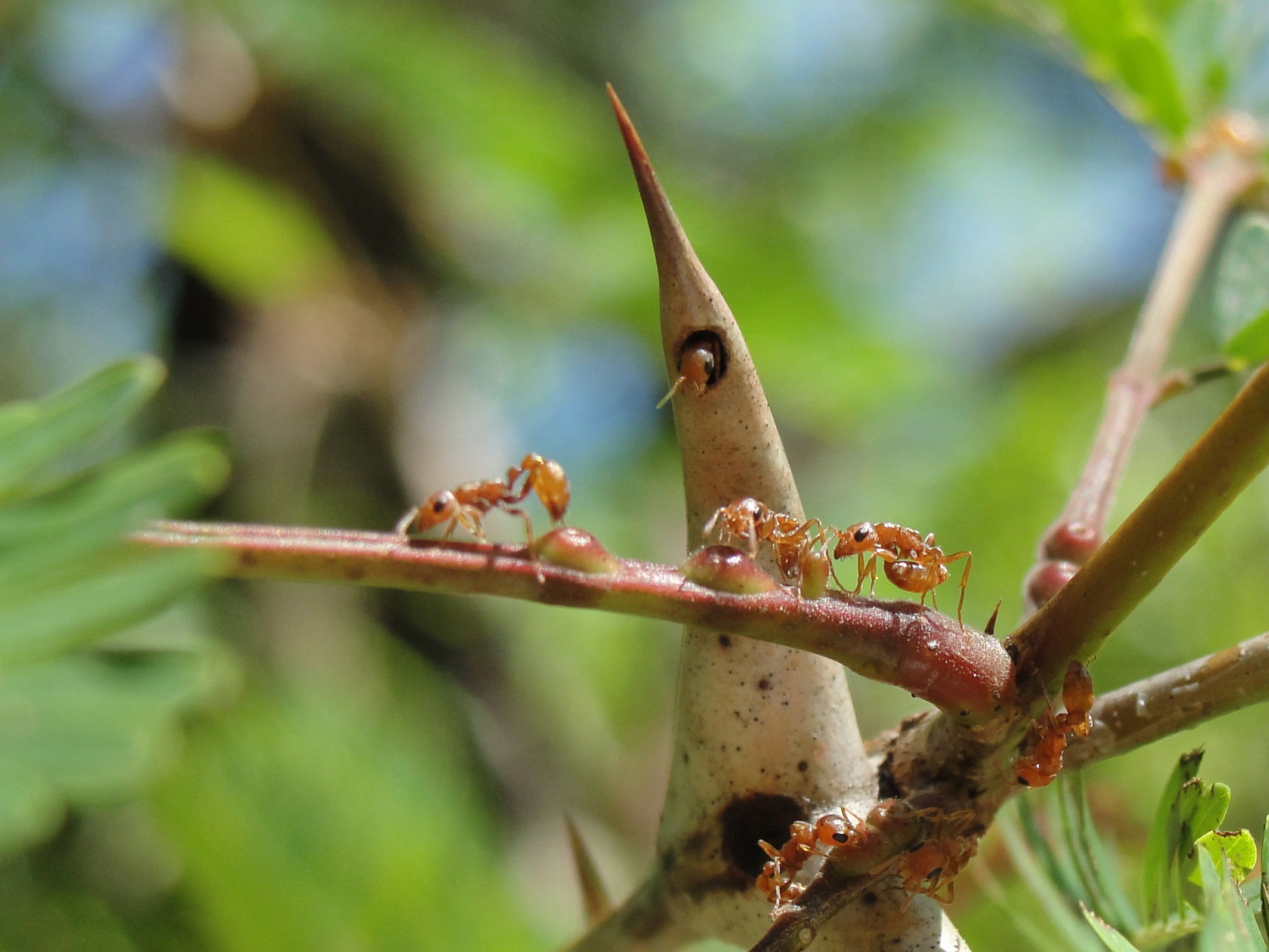The Independent's journalism is supported by our readers. When you purchase through links on our site, we may earn commission.
A key theory of evolution has just been turned on its head
The Alice in Wonderland world of scientists investigating how species evolve sees the apparent downfall of the 'Red King'

Your support helps us to tell the story
From reproductive rights to climate change to Big Tech, The Independent is on the ground when the story is developing. Whether it's investigating the financials of Elon Musk's pro-Trump PAC or producing our latest documentary, 'The A Word', which shines a light on the American women fighting for reproductive rights, we know how important it is to parse out the facts from the messaging.
At such a critical moment in US history, we need reporters on the ground. Your donation allows us to keep sending journalists to speak to both sides of the story.
The Independent is trusted by Americans across the entire political spectrum. And unlike many other quality news outlets, we choose not to lock Americans out of our reporting and analysis with paywalls. We believe quality journalism should be available to everyone, paid for by those who can afford it.
Your support makes all the difference.In Lewis Carroll’s book Through the Looking Glass, the Red Queen explains how a race works to Alice: “Now, here, you see, it takes all the running you can do, to keep in the same place.”
Scientists have used this as a metaphor for evolution: a fox must be able to run fast enough to catch a rabbit, the rabbit must be able to run fast enough to escape.
However the so-called Red Queen Hypothesis did not seem to work when two species started working together as the one that evolved its ‘mutualist’ traits faster would end up providing more help than it received in return and getting a raw deal.
So for more than a decade scientists have subscribed to the Red King Effect, which held that mutualists developed more slowly – like a king in chess.
But new research, published in the journal Nature Communications, appears to have turned this theory on its head after scientists discovered mutualists can actually evolve faster than those not tied to a partner.
The researchers sequenced the genomes of ants evolved to protect plants like the Acacia, which provide them with food and special chambers for nesting.
These ants were “incredibly aggressive, actively patrolling and attacking herbivores and invaders”, the researchers wrote.
They then compared the speed of evolution with ordinary ants who lived in the same place in Costa Rica “yet have starkly different behaviour, fleeing from aggressors even when their own nests are at risk”.
One of the researchers, Dr Benjamin Rubin, of Princeton University, said: “We originally set out to uncover the genetic basis of mutualistic behaviour in ants.
“So, we sequenced the genomes of three mutualistic species of plant-ants and four of their closely related, non-mutualistic relatives.
“We were surprised to learn that the mutualists actually had a higher rate of evolution across their genomes than the generalists.”
The reasons behind this more rapid rate of change are still unclear.
But the researchers speculated that larger populations and longer lifespans of the mutualistic ants could result in more genetic changes.
And Professor Corrie Moreau, a curator the Field Museum in Chicago and co-author of the Nature Communications paper, suggested that the ants and plants might be trying to keep up with each other – as things can turn nasty.
“Just like all organisms, mutualists need to constantly adapt to their environments to ensure survival. However, they also have the additional task of evolving in relation to one another,” she said.
“Many species flip between mutualism and parasitism over time. Even mutualism is a costly relationship that evolution will select against if it is no longer advantageous.
“All of this likely factors into the accelerated rate of evolution among these species.”
Join our commenting forum
Join thought-provoking conversations, follow other Independent readers and see their replies
Comments